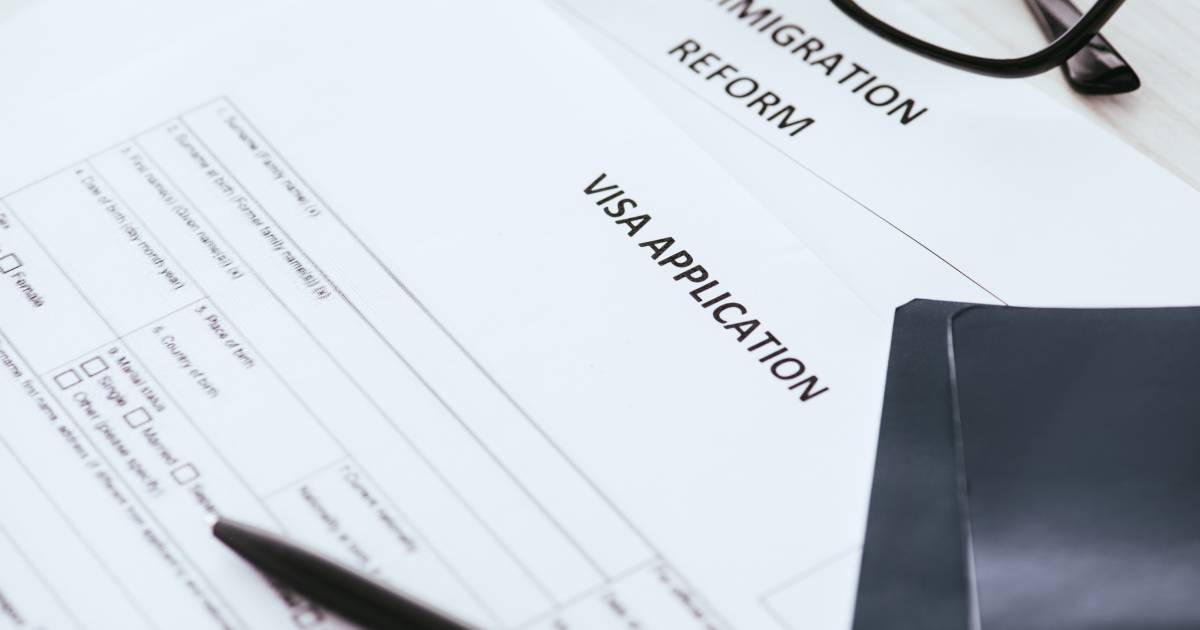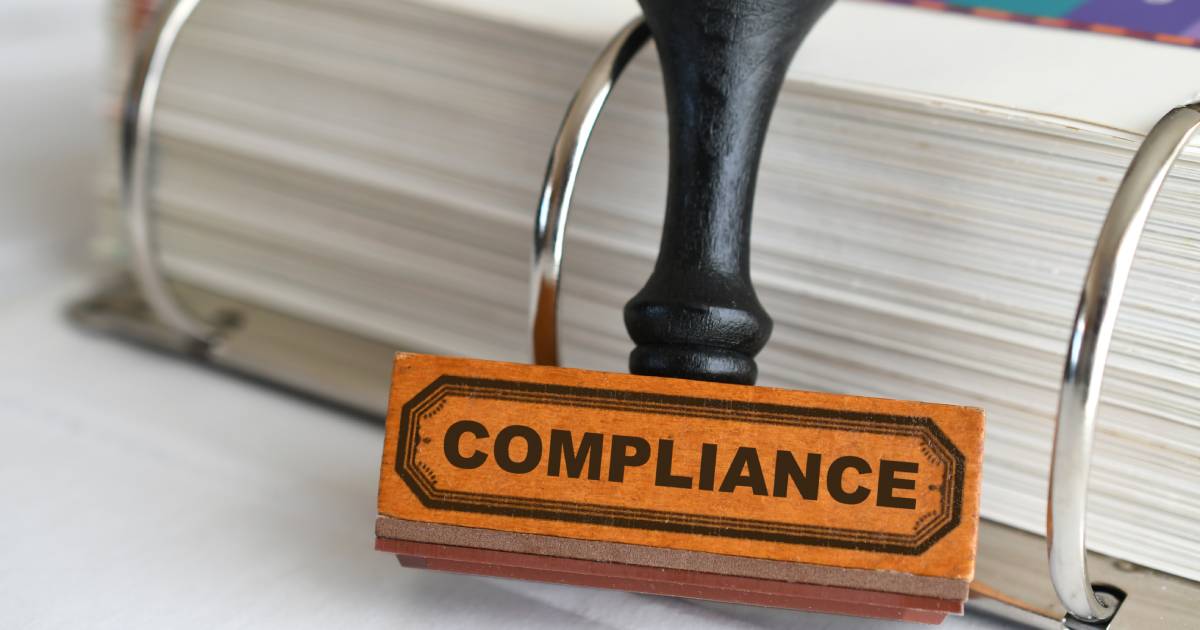If you’re planning to study in the UK, you may have come across the terms UK Study Visa and Tier 4 Visa. They sound similar, but is there a difference? The short answer: the Tier 4 Visa no longer exists. In 2020, the UK government introduced the Student Visa, replacing the Tier 4 category under a new points-based immigration system. While the name has changed, the process and requirements remain largely the same. If you’re looking to study in the UK, here’s everything you need to know.
Contents
What Happened to the Tier 4 Visa?
Before 2020, students applied for a Tier 4 Visa to study in the UK. As part of the UK’s new immigration system, the Student Visa replaced the Tier 4 category. The main difference? Mostly, the name. The Student Visa follows a similar process but is designed to be more straightforward. If you hear someone mention a Tier 4 Visa, they’re referring to what is now called the Student Visa.
Who Needs a UK Study Visa?
Most non-UK nationals need a UK Study Visa to enrol in a university, college or educational institution. You will need a visa if you:
- Are 16 or older.
- Have been offered a place at a UK institution licensed to sponsor international students.
- Can prove you have enough funds to support yourself.
- Meet the English language requirements.
If your course is less than 6 months, you might be eligible for a Standard Visitor Visa instead.
UK Study Visa Requirements
To apply for a UK Study Visa, you must meet the following criteria:
1. Confirmation of Acceptance for Studies (CAS)
Your institution will issue a CAS number once they offer you a place. You need this before applying for your visa.
2. Financial Proof
You must show you can cover tuition fees and living costs:
- £1,334 per month if studying in London.
- £1,023 per month if studying outside London.
3. English Language Requirement
Most students must prove their English proficiency with an approved test like IELTS.
4. Tuberculosis Test (If Required)
Students from certain countries must provide a TB test certificate.
5. Immigration Health Surcharge (IHS)
You must pay the IHS fee, which allows access to NHS healthcare while studying.
How to Apply for a UK Study Visa
Step 1: Get Your CAS
Your university or college will issue a CAS number, which you need for your visa application.
Step 2: Complete Your Application Online
Apply via the UK government website. You’ll need to:
- Provide personal and academic details.
- Upload documents.
- Pay the visa fee.
Step 3: Pay the Immigration Health Surcharge
This fee grants access to NHS services while studying.
Step 4: Attend a Biometric Appointment
Visit a visa application centre to provide fingerprints and a photograph.
Step 5: Wait for a Decision
Processing times vary:
- Standard processing: Around 3 weeks.
- Priority processing: 5 working days (extra fee applies).
If approved, you’ll receive a visa vignette (sticker in your passport) to enter the UK.
Can You Work on a UK Study Visa?
Yes, but there are restrictions:
- 20 hours per week during term time.
- Full-time during holidays.
- No self-employment or permanent full-time work.
Your visa will state your work rights, so check before accepting a job.
Can You Extend or Switch a UK Study Visa?
You can extend your Student Visa if:
- You are continuing your studies at a higher level.
- You meet the academic and financial requirements.
If you want to stay in the UK after graduating, you can apply for a Graduate Visa, allowing you to stay for:
- 2 years (undergraduate or master’s degree).
- 3 years (PhD graduates).
This visa lets you work in the UK without employer sponsorship.
Common Mistakes to Avoid
1. Applying Late
Visa processing takes time. Apply at least 3 months before your course starts.
2. Missing Documents
Ensure all required documents are included to avoid rejection.
3. Not Meeting Financial Requirements
If you can’t prove you have enough funds, your application may be refused.
4. Applying for the Wrong Visa
For short-term courses, check if a Visitor Visa is more suitable.
What You Need to Know
The Tier 4 Visa is now the Student Visa, with the same rules under a new system. To study in the UK, make sure you:
- Have a CAS number from a recognised institution.
- Meet the financial and language requirements.
- Apply early to avoid delays.
Need Help with Your UK Study Visa?
At SMA Law, we specialise in UK immigration and visa applications. Whether you need help with your Student Visa, an appeal or understanding your eligibility, our experienced solicitors provide clear, reliable legal advice.
Contact SMA Law today for expert guidance on your UK Study Visa application.



